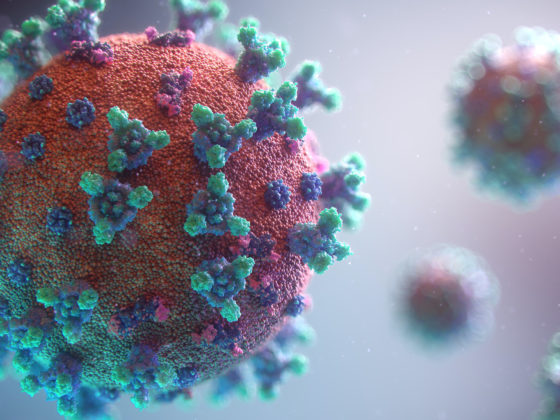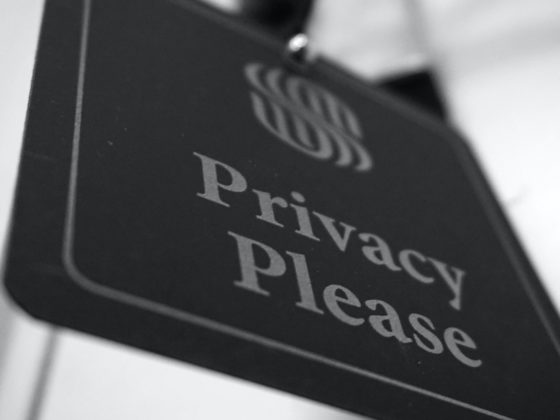Minimum Wage Increases
• Minimum wage increases continue to be phased-in each year. As of January 1, 2020, the minimum wage in New York City is $15.00 per hour. In Nassau, Suffolk and Westchester counties, it is $13.00 per hour. In the remainder of the state, it is $11.80 per hour.
Salary History Ban
• In 2017, New York City amended its Human Rights Law to prohibit inquiries into applicants’ salary histories during the hiring process. Effective January 6, 2020, New York state expanded on the New York City law by prohibiting employers from requesting such information of applicants or employees. The law does not prohibit applicants and current employees from voluntarily, and without prompting, disclosing or verifying wage or salary history, such as for the purpose of negotiating wages or salary.
Paid Voting Leave
• With primary and general elections occurring in 2020, employers should be mindful of recent revisions of New York’s election law, which now entitles New York employees who are registered voters up to three hours of paid time off as needed to vote in any election. Employees requiring time off to vote must be afforded such time at either the beginning or end of a workday, at the employer’s election, and must notify their employer of their need not less than two working days before the election.
Continued sexual harassment prevention
• Employers should keep in mind that New York City requirements for employee anti-sexual harassment training are annual requirements.
• On August 12, 2020, the statute of limitations for sexual harassment claims will increase from one year to three years.
Ban on pre-employment marijuana testing
• Effective May 10, 2020, New York City will prohibit employers from conducting pre-employment drug testing for marijuana. Exceptions will apply for certain types of jobs, including various construction and maintenance roles, positions requiring a commercial driver’s license, and positions requiring the supervision or care of children, medical patients, or vulnerable persons.
Expanded protections for “gig” workers
• Effective January 11, 2020, the New York City Human Rights Law will cover freelancers and independent contractors, extending protections from discrimination, harassment, and retaliation. The prohibition on pre?offer criminal background checks and pre?offer salary history inquiries will also apply to freelancers and independent contractors.


